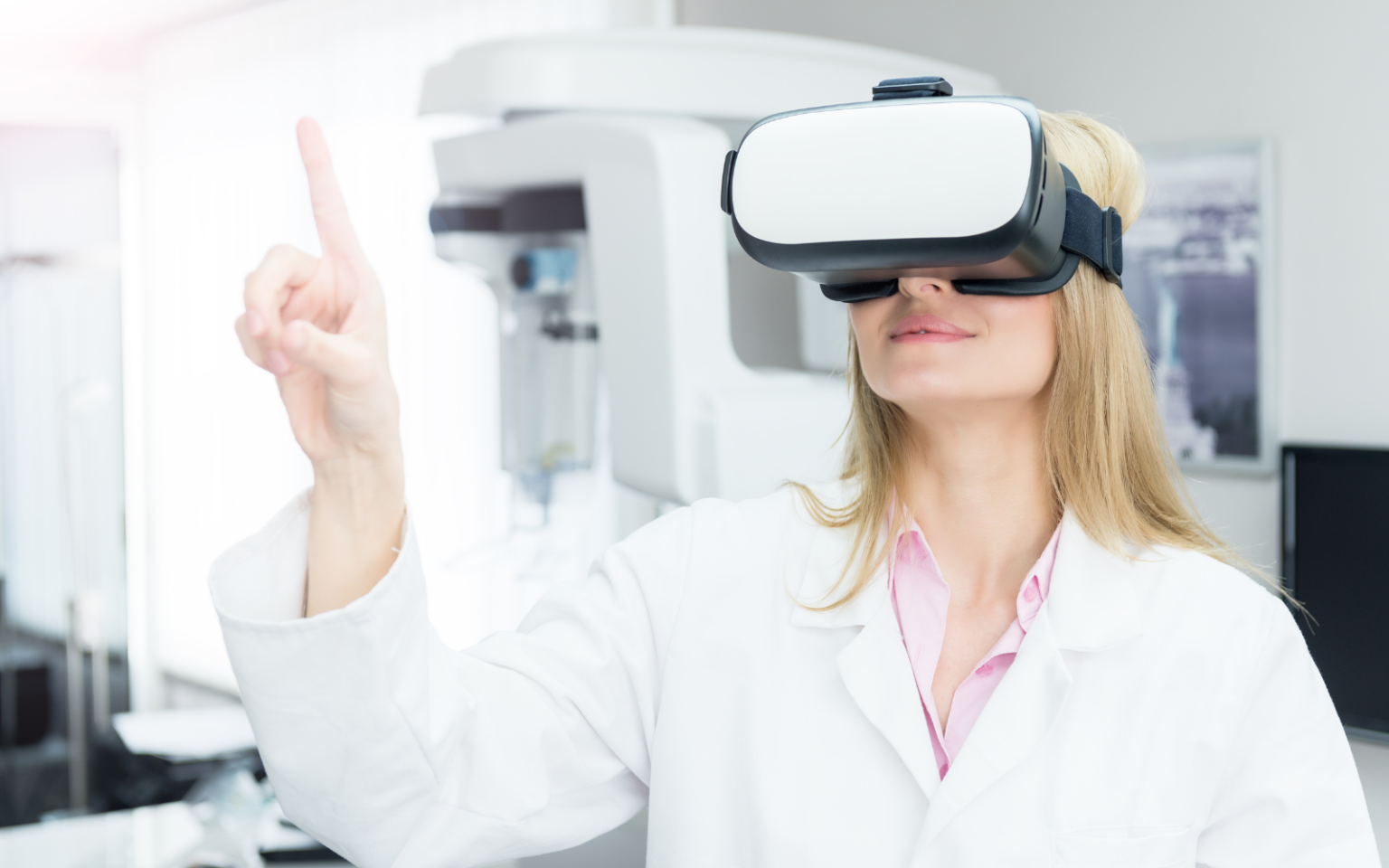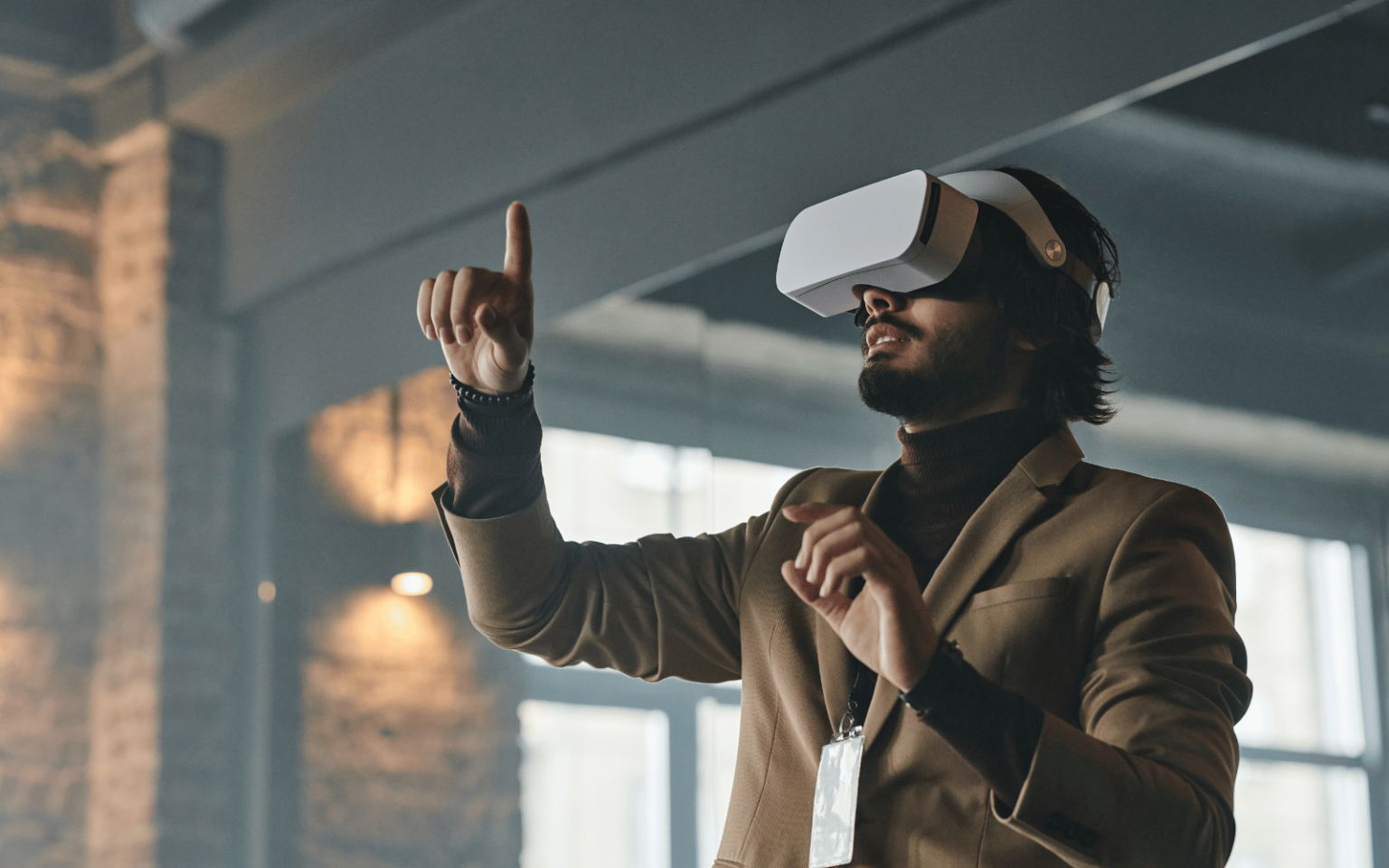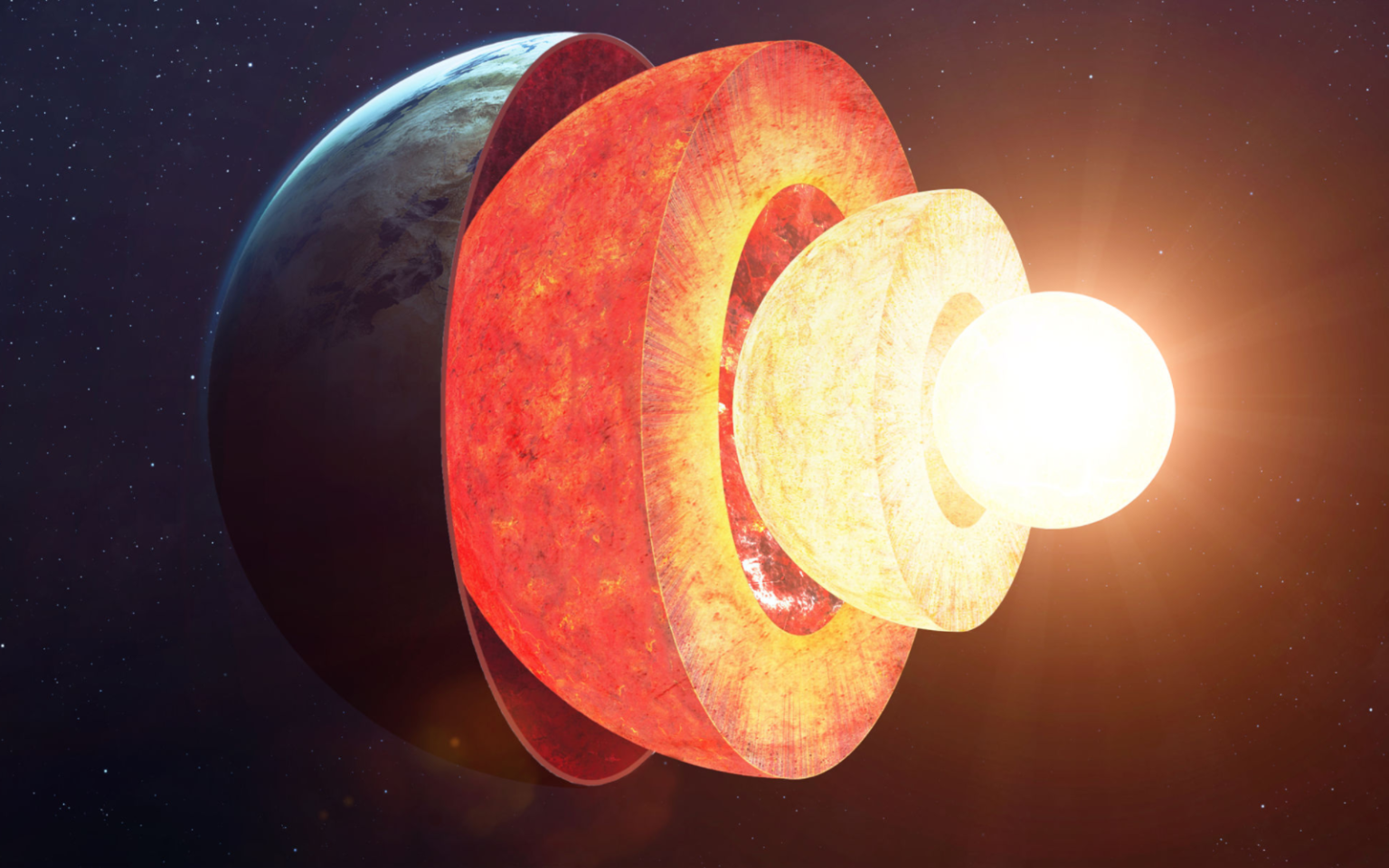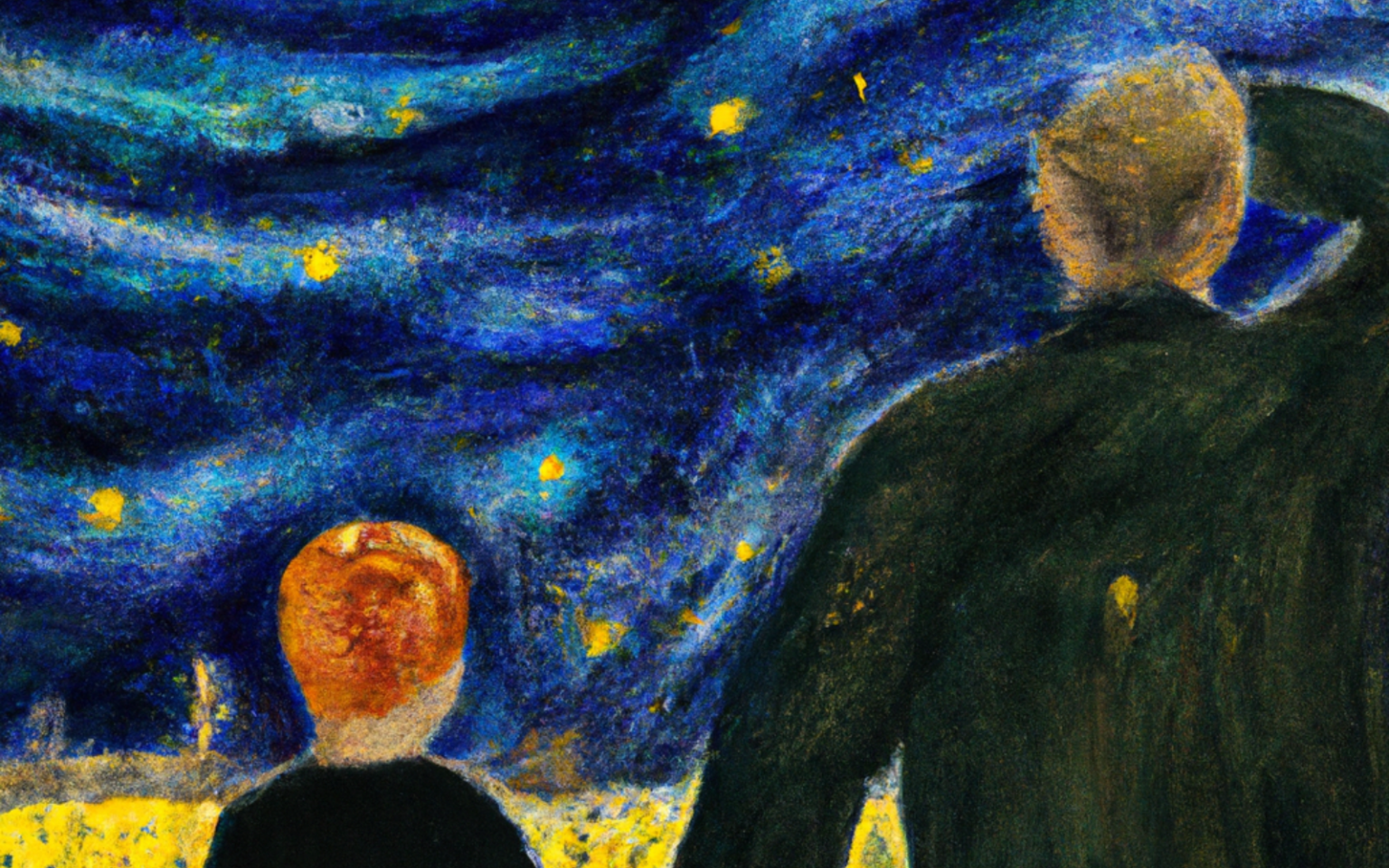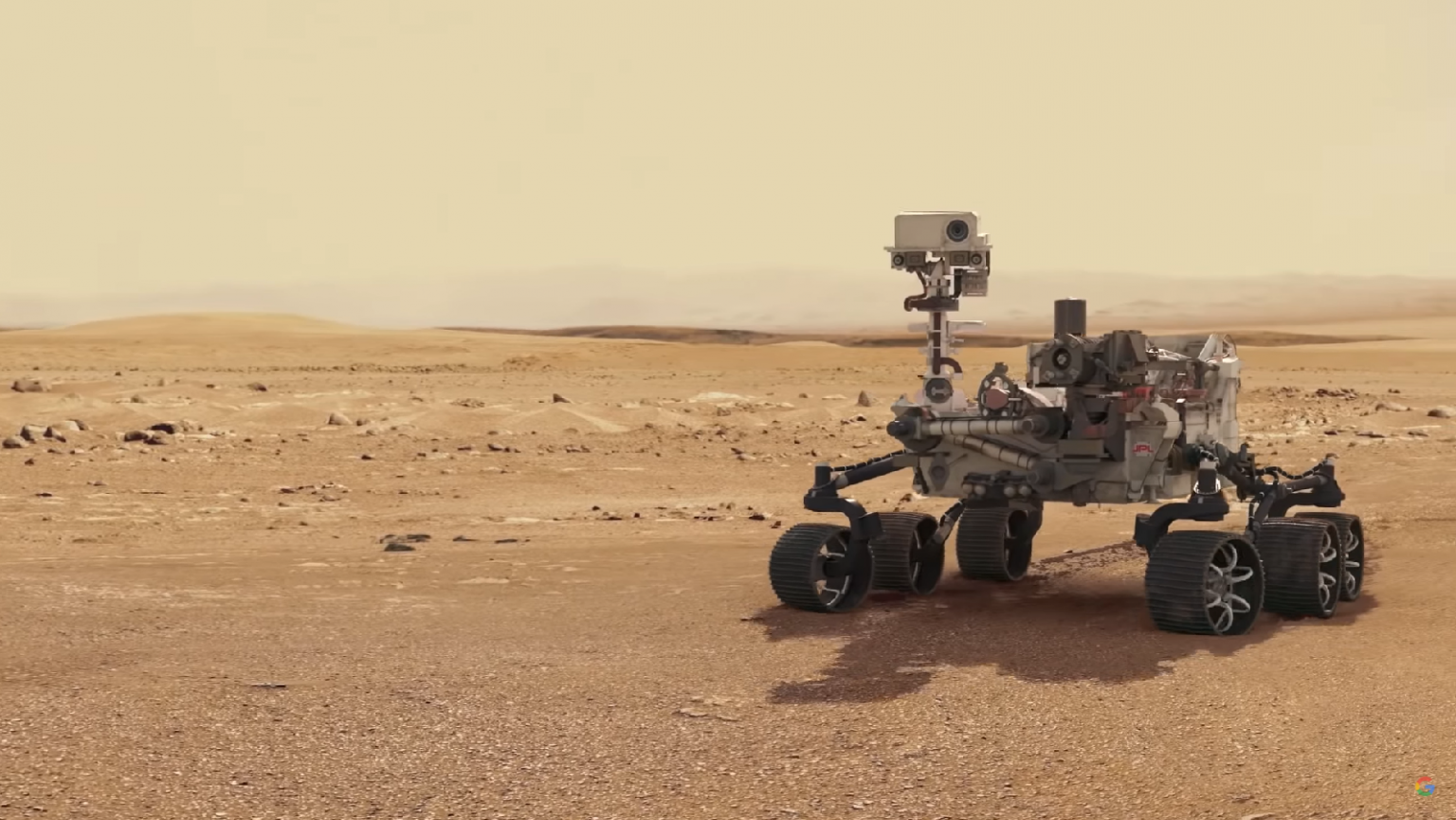Despite recent waves of Big Tech layoffs, billions of dollars have been sunk into virtual reality (VR) hardware and software over the past few years. For this investment to be worthwhile, the VR industry needs to achieve sustainability and growth. To do this, it will have to explore many different applications of VR technology, including manufacturing and social VR. Social VR is a type of virtual reality experience where users can meet and interact with one another in a virtual world. As a University of Toronto Mississauga (UTM) associate professor who researches social VR and teaches classes on virtual environments, I am often faced with the question of what will drive…
Author: The Conversation
The way we live our lives online is rapidly changing. Artificial intelligence (AI), virtual reality and innovations such as blockchain – a kind of digital record for transactions — are set to transform the online world, affecting everything from social media to how people and businesses make money from their creativity. If you’re feeling confused by the pace of change, here’s what you need to know about five trends on the cusp of making a major impact. 1. Generative AI AI and the more specific field of machine learning (where software improves at a task with experience) are already used…
Not so long ago, Earth’s interior was thought to be made up of four layers: the crust, mantle, (liquid) outer core and (solid) inner core. In a new study published today in Nature Communications, we provide further evidence for the existence of an “innermost inner core” – a distinct internal metallic ball embedded in the inner core like the most petite Russian nesting doll. Studying Earth’s centre is not just a topic of academic curiosity, but something that sheds light on the very evolution of life on our planet’s surface. This is because the inner core grows outwards by solidifying materials…
Generative AI is having a moment. ChatGPT and art generators such as DALL-E 2, Stable Diffusion and Midjourney have proven their potential, and now millions are wracking their brains over how to get their outputs to look something like the vision in their head. This is the goal of prompt engineering: the skill of crafting an input to deliver a desired result from generative AI. Despite being trained on more data and computational resources than ever before, generative AI models have limitations. For instance, they’re not trained to produce content aligned with goals such as truth, insight, reliability and originality. They…
Many of the people watching The Last of Us are likely there for the zombies. I love the zombies too, but I’m really there for the fungus. I’ve been studying fungi since my PhD work in the 1980s, and I grow more fascinated by these amazing organisms with every passing year. In the HBO series and the video game that inspired it, a parasitic fungus — a fictitious mutation of the very real cordyceps — jumps from insects to humans and quickly spreads around the world, rendering its victims helpless to control their thoughts and actions. Far-fetched fungal fear-mongering? It’s definitely fictional, but maybe…
Robotic rovers are currently exploring the surface of Mars. Part of a rover’s mission is to survey the planet for signs of life. There might be nothing to find – but what if there is, and the rovers just can’t “see” it? New research published today in Nature Communications suggests the rovers’ current equipment might not actually be up to the task of finding evidence of life. As an extreme environment microbiologist, the challenges of searching for life where it seems near-impossible are familiar to me. In astrobiology, we study the diversity of life in sites on Earth with environmental or physical…
South Africa’s current electricity crisis has been described as “a perfect storm”. A number of factors have converged to reach this point: an ageing and inadequately maintained fleet of coal power stations, delays in upgrading the Koeberg nuclear power station and significant failures at the recently built Medupi and Kusile coal power stations. Since the beginning of 2022, power utility Eskom’s inability to meet the country’s electricity demand has resulted in unprecedented loadshedding (scheduled power cuts). In 2022, electricity interruptions totalled 3,775 hours over 205 days. The situation almost certainly will not improve any time soon. At the same time, Gauteng – South Africa’s most…
“Look at this,” says Erica’s message. She is poring over the very first images from the brand new James Webb Space Telescope (JWST). It is July 2022, barely a week after those first images from the revolutionary super telescope were released. Twenty-five years in the making, a hundred to a thousand times more powerful than any previous telescope, one of the biggest and most ambitious scientific experiments in human history: it is hard to not speak in superlatives, and it is all true. The telescope took decades to build, because it had to be made foldable to fit on top…
South Africa’s electricity utility Eskom has made it clear that “loadshedding” – rolling scheduled power cuts – isn’t going to end any time soon. This reality, and President Cyril Ramaphosa’s announcement during his annual state of the nation speech on 9 February 2023 that tax incentives for solar power use are imminent, mean that many people are considering alternative electricity supply systems for their homes. But deciding on the best system isn’t a simple matter. There’s a bewildering array of jargon to sift through and many elements to consider, from the right kind of inverter to the size of your solar panels. We are electrical…
The US military has now shot down four high-altitude objects that had entered American and Canadian airspace, raising questions about their purpose and origin. The first of these objects, a Chinese balloon, was downed by a fighter jet on 4 February. While China says it was for weather monitoring, US officials say it was being used for surveillance. A knowledge of technology in this area throws up some clues about what may have been going on. The balloon is believed to have supported a signals intelligence collection payload, although this has yet to be confirmed. Debris has now been retrieved from US territorial waters…

